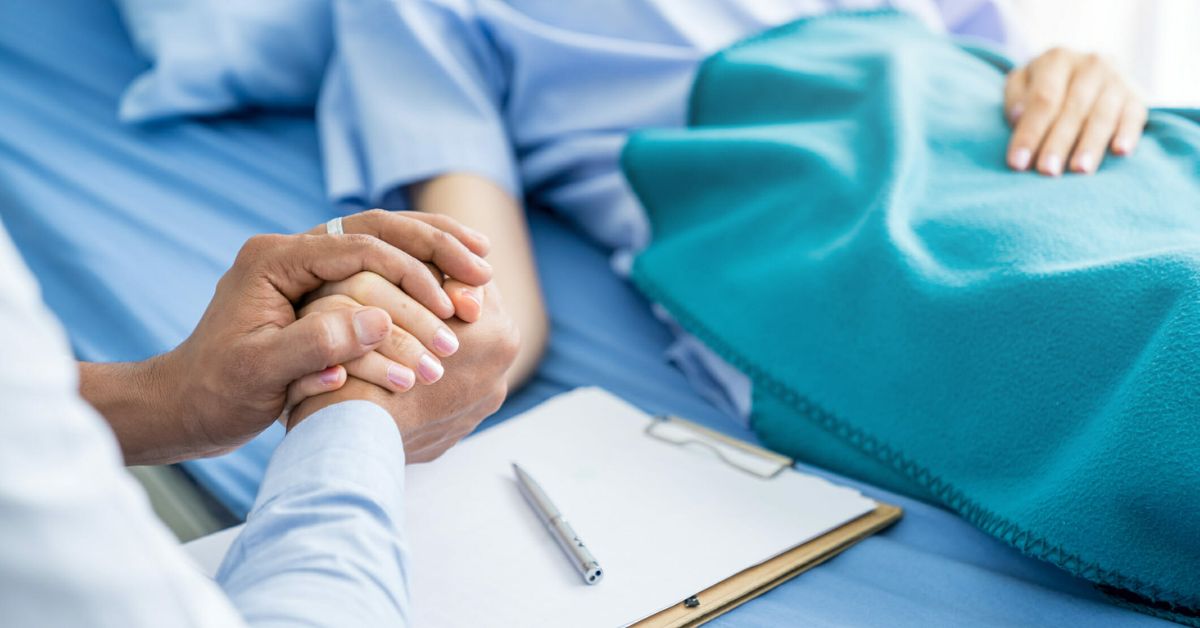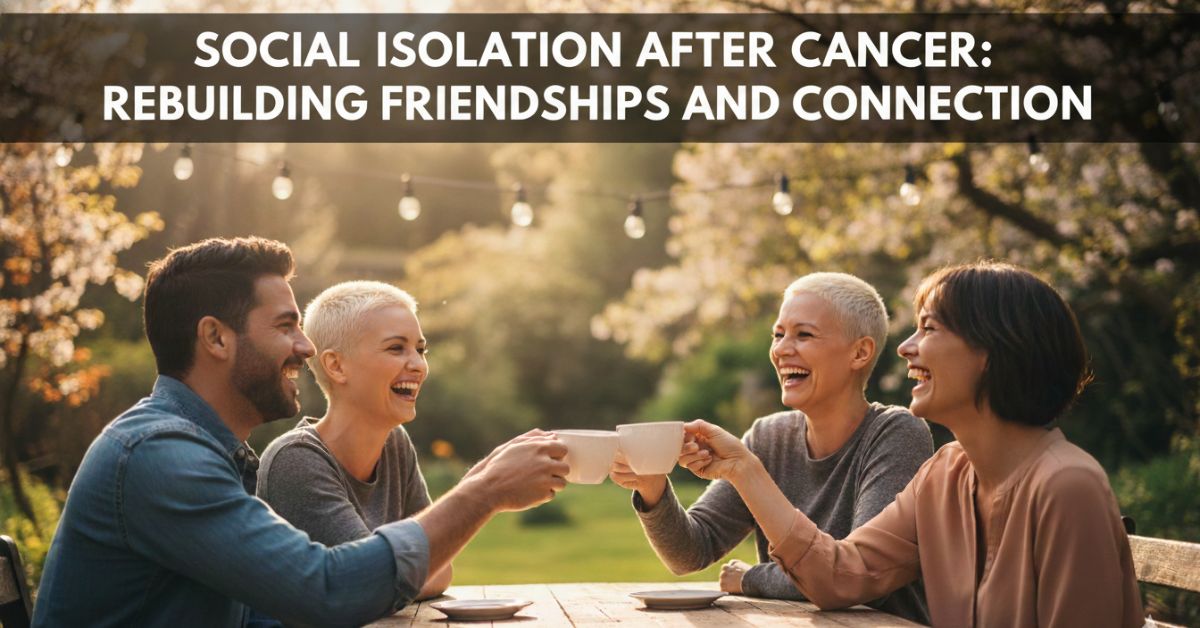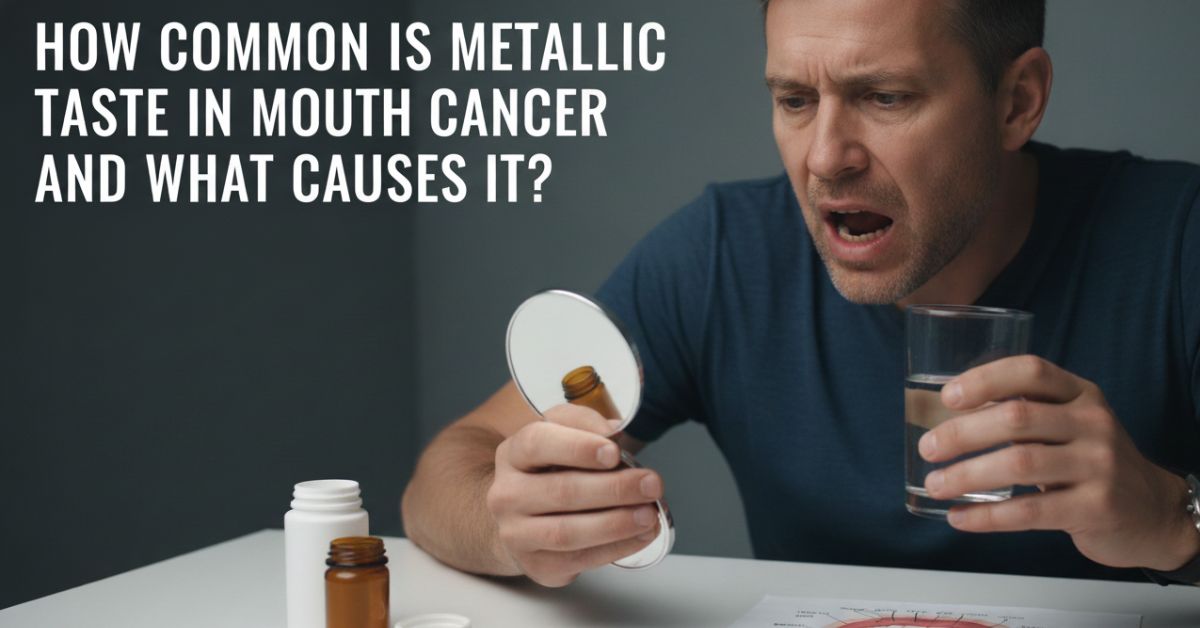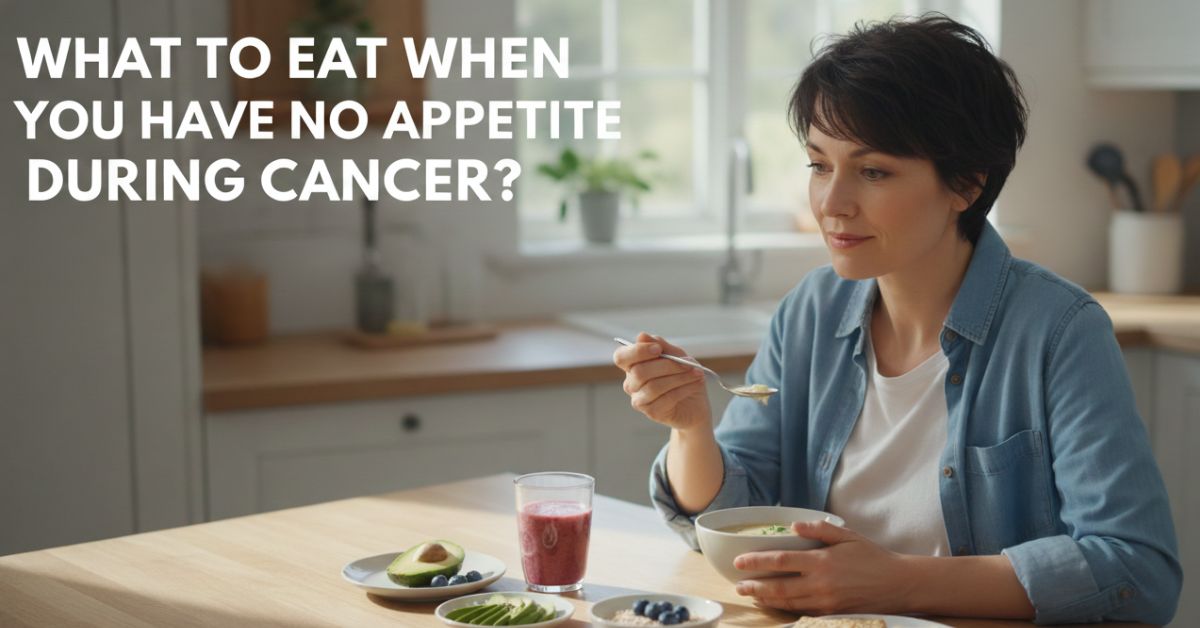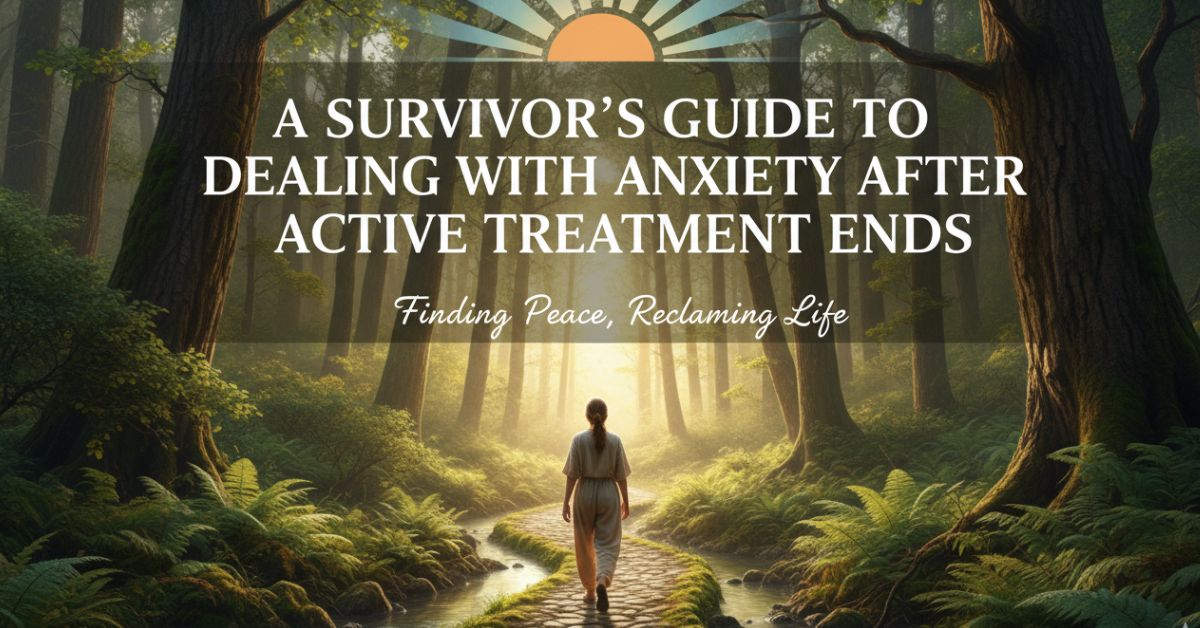Being healthy doesn’t always guarantee you feel whole, especially if you are struggling with life after cancer. While friends and family celebrate the “all clear” from the doctor, survivors are left to navigate life with the remnants of what they have just overcome: emotionally, physically, and spiritually.
The fight may be over, but the REAL work starts now. It is a time of rebuilding, rediscovering an identity, and learning to relive in a body at war. Each moment following treatment is a choice, a choice to survive and then to live again.
Your story doesn’t finish with remission; it starts with resilience.
Silent Struggle: Post-Cancer Depression After Remission
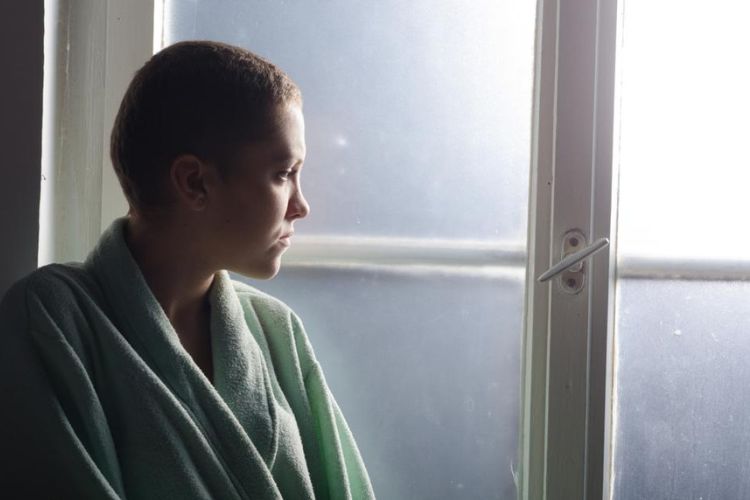
Remission is a physical milestone. But the emotional and mental healing is just beginning. Once doctors take on other patients, cancer survivors are left with many unanswered questions and mixed emotions. This is when cancer survivor mentorship can help.
The silence after ringing the remission bell can be deafening. Many experience fatigue, memory issues, unexpected pain, or emotional numbness. These lingering symptoms are often overlooked, yet they are a crucial sign after cancer that the body and mind are still processing trauma.
Quiet Clues: Physical and Emotional Signs After Cancer
You got through the tricky part, or so it seems. For many, life after treatment can feel harder. Returning to normal might not be possible as everything has changed. This chapter is not about looking back; it is about looking forward. It is about flourishing after trauma, stepping forward with kindness, and acknowledging the changed definition of strength.
1. Mental Health After Cancer: The Hidden Cost
Many survivors are caught off guard by post-cancer depression that comes on as the commotion of treatment is no longer all-consuming. Depression may show up as fatigue, anxiety, hopelessness, or emotional flatness. While others expect you to be celebrating, you might feel lost, overwhelmed, or detached. It’s a confusing and isolating experience.
This emotional weight doesn’t mean you’re weak; it means you’re human. Post-cancer depression is a normal response to extended stress, trauma, and change. Accepting it creates a path to healing.
2. Dealing with Pain After Treatment Ends
The physical symptoms that can remain after treatment may last well after chemotherapy ends. One of the more common situations we see is body pain after chemotherapy, especially joint stiffness, neuropathy, and muscle pain.
Unfortunately, survivors are often told, “It’s all over, you should be fine.” But pain doesn’t follow a medical schedule. Managing body pain requires a multidisciplinary approach.
3. Weight Changes: More Than a Number
Another frustrating side effect is weight gain after chemo treatment. Caused by medications, reduced physical activity, hormone imbalances, or emotional eating, weight gain can be demoralizing, especially after months of physical hardship.
Learning to love your body again, regardless of size, is part of the emotional healing. Speak with a nutritionist familiar with post-treatment needs. Approaching weight gain with patience and compassion, rather than shame, is key to long-term health.
Piecing Life Together: Struggling With Life After Cancer
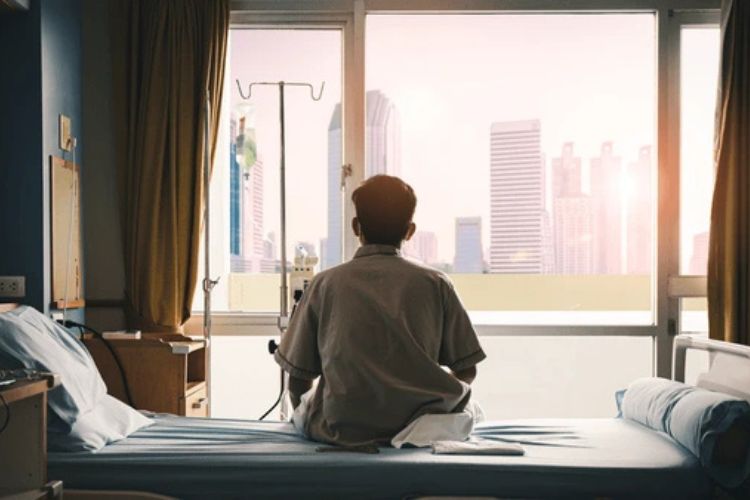
The post-cancer phase invites you to become the architect of a new life. Survivors often deal with both invisible and visible hurdles, from fatigue to uncertainty, to body pain after chemotherapy that still flares without warning. But rebuilding is possible, and it’s deeply personal.
- Reconnect with your passions and hobbies.
- Resume physical activity slowly and gently.
- Build a new support network or strengthen existing ones
- Start journaling or speaking with a life coach
- Reintroduce nutritious food after cancer treatment to support body repair
Rebuilding also means setting boundaries, learning to say no, and releasing pressure to perform. Whether you return to work, start a new hobby, or simply learn how to enjoy mornings again, every step is a victory. Create a daily ritual that grounds you. Celebrate progress over perfection. This is your time.
Life on the Other Side: Embracing Change With Post-Cancer Depression
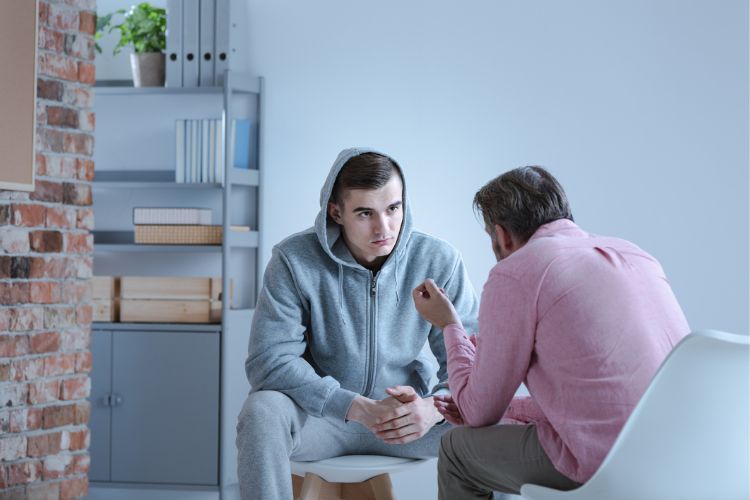
Cancer survivors live in a different reality than before their diagnosis. Your “normal” may now include ongoing treatments, fear of recurrence, or adapting to a changed body. From body pain after chemotherapy to weight fluctuations and emotional unpredictability, redefining normal takes patience and support.
- Managing Chronic Pain: Persistent discomfort can interfere with daily life. Consistent treatment and rest are essential.
- Navigating Body Changes: Weight gain after chemo treatment may shift how you feel about yourself, and focus on strength over size.
- Handling Emotional Waves: Mood swings, grief, or trauma responses are normal. Therapy and support groups help ease the burden.
- Changing Your Social Circle: As we change, we may find relationships that once felt important receding while others grow even stronger.
- Honoring Your Journey: Nothing about you is like it was before cancer, and that is okay – because your identity in all its facets deserves your love, pride, and peace.
Wrapping Up: Life After Cancer, A New Beginning
Your recovery does not start and end with remission; it begins with remission. In many cases, people struggling with life after cancer are in a silent struggle that is not what they were prepared for, but it is real. The good news? It is also manageable with the proper support, resources, and grace.
Every aspect of your healing journey deserves your courage. Not only do you deserve to honor every moment of getting to know your new body and learn to love it, and connect post-cancer, and even redefine your goals post-cancer, but you deserve to own this journey entirely. And, it is worth fighting for.
You’re not just a survivor, you’re a warrior rewriting the rules of what healing looks like.
Frequently Asked Questions (FAQs)
What are the emotional signs of post-cancer depression?
Feelings of emptiness, anxiety, detachment, or lack of motivation are common signs. Seek support through therapy, coaching, or survivor groups.
What’s a common sign after cancer that shouldn’t be ignored?
Fatigue, chronic pain, mood changes, and memory issues may linger after remission and should be addressed with your care team.
Why does weight gain after chemo treatment happen so easily?
Chemo can affect hormones, reduce metabolism, and increase fatigue, all of which can contribute to unexpected weight gain.
How long does body pain after chemotherapy usually last?
It varies; some experience symptoms for weeks, others for years. Physical therapy and pain management plans are recommended.
Is it normal to feel lost after treatment ends?
Absolutely. Many survivors feel unanchored when regular hospital visits stop. This is why ongoing emotional support is so important.

